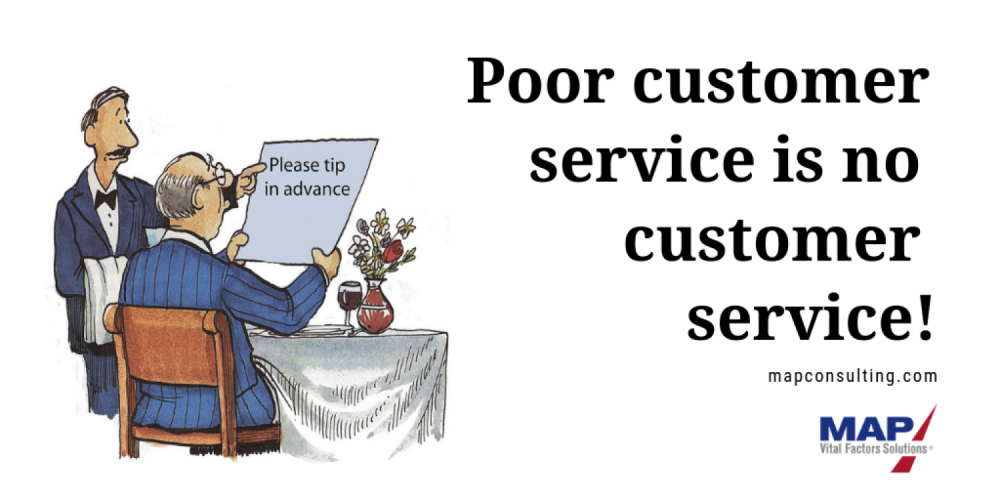Up (and Maintain!) the Quality Factor
In recent news, there have been at least two major automakers reeling from vehicle recalls that will cost them billions when all the dust settles. Among other lessons, their woeful stories go to show that quality products and services are paramount to the long-term success of a business organization. Now, while that all seems like common sense, how often do you experience a business that isn’t focusing on providing quality products and/or services? Odds are, you encounter this issue at least weekly—I know I do. While you may feel like you can do little to influence other companies to change, you can look within your own organization to understand how it’s doing in regard to the “quality factor.” Overlook this important responsibility, however, and customers will quit your company quickly, particularly if they’re feeling cheated or mistreated. So make sure what you deliver aligns with or exceeds what’s been promised. Create the right habits around this, and you’ll find consistent good-quality standards can carve a crucial competitive advantage for your company.
Here are three ways in which quality counts:
Quality Creates More Customers. When you deliver on your promises for good service and/or products, customers trust your company. This, in turn, builds two things: First, it gets people talking and sharing positive word of mouth about your business. Second, it creates loyal fans who are using your products/services and talking about them to others. Just look at Apple. In general, its users love Apple products. What’s more, they have a customer-service program that allows consumers to talk to customer service reps and easily get the kind of help they need in a personalized way. With a few exceptions, the barriers for getting the help you need—when you need it—are nonexistent. No question about it, this company has hung its hat on this hook and successfully used it to its competitive advantage.
Quality Cuts Down on Costs. There’s a great misconception around the true costs of a quality product or service. Most people believe it will cost their companies more to offer quality goods or services. However, the opposite tends to be true. For example, some years ago, a major corporation that made metal-based building supplies had a whole host of problems, everything from poor sales performance to safety issues. But among other strategies, when the company improved the quality of its operations and products, safety improved and customers soon bought more from this supplier. The change in quality had a domino effect, which resulted in greater performance of the company’s people and a better product that buyers loved. But what if this company had just done what was right in the first place? By making and offering a quality product upfront, it could have saved countless dollars from the beginning. In short, quality services and/or products won’t be what drive down your bottom line. More likely, it will be as the saying goes: It’s “the unquality things that cost money.” Building goals and strategies around good quality, from the get-go, is always a solid cost-cutting strategy.
Quality Protects Your Brand. Quality and brand go hand in hand. If you consistently offer good quality, your brand becomes “quality.” And that, regardless of what industry you are in or what challenges you face, should be one of your vital goals. As a leader and someone who is responsible for your company’s vision and the brand that represents the success of that vision, it’s your job to make sure your brand aligns with quality. For example, conducting feedback with clients/customers can give you a good measure of the brand’s strengths and weaknesses. Then course correct if you find issues because as the reputation for brand quality slips, so, too, will your brand’s relevance and integrity drop. Do what you can to guard your brand and maintain its strength, making sure it is consistently backed by good and effective products, services, people, and systems. Finally, let that solid brand be an accountability factor. Allow it to hold you accountable to sustaining the expectations of quality your company has created and set.
Why else does good quality matter in today’s competitive environment?



